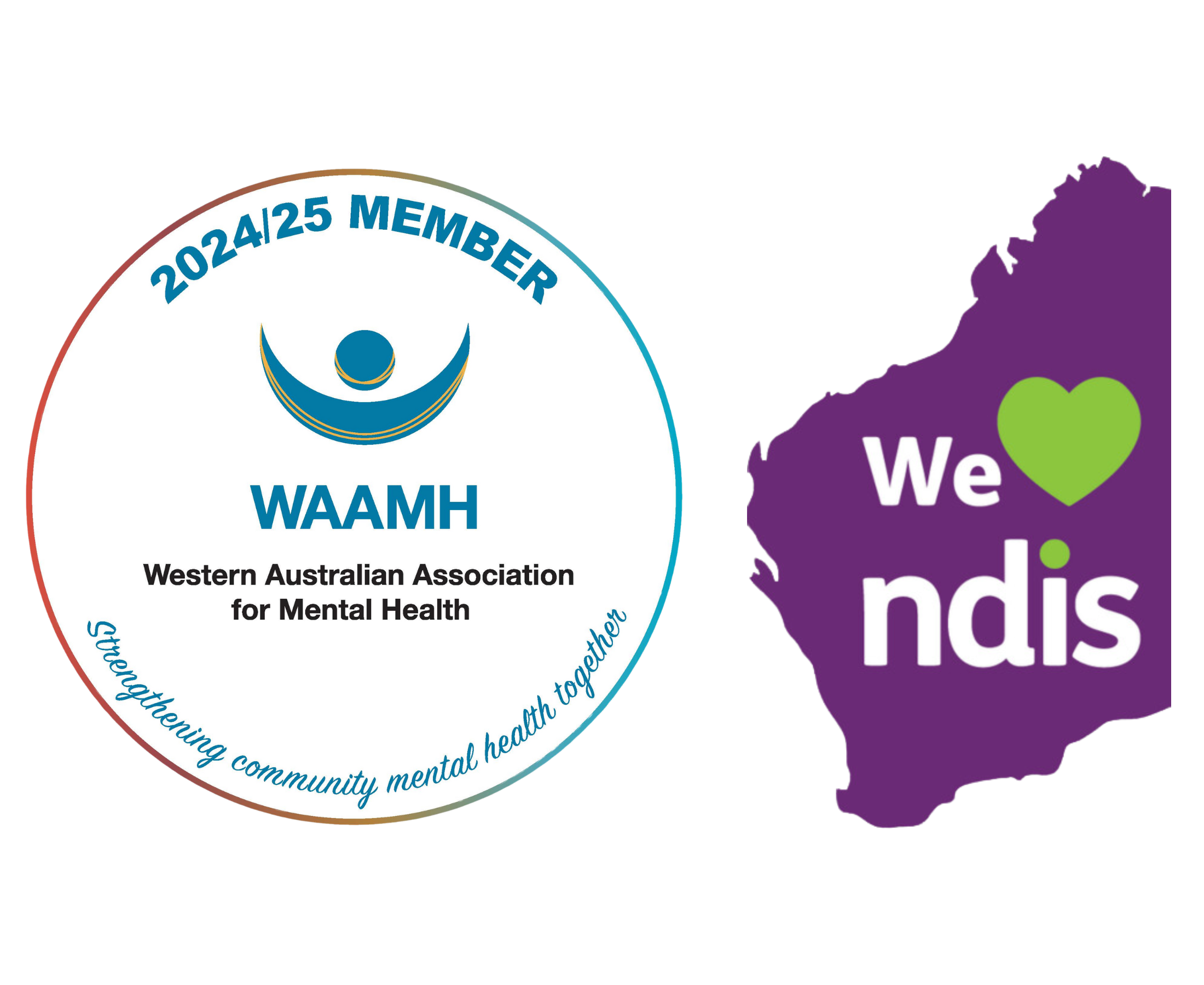Positive Behaviour Support
Positive Behaviour Support (PBS) is a person-centered framework for providing support in situations where there is, or there is a risk of, challenging behaviour. PBS is an evidence-based approach with a primary goal of increasing a person’s quality of life and a secondary goal of decreasing the frequency and severity of their challenging behaviour.

Working With Us
Our PBS Services
Challenging/difficult behaviour is persistent behaviour that puts the physical safety of the person or others at risk or that causes difficulties and limits a person's ability to a good life. Difficult behaviours are messages that can tell us important things about a person and the quality of his or her life. People can sometimes engage in difficult/challenging behaviours because they are trying to communicate something.
Positive Behaviour Support is a comprehensive approach to assessment, planning and intervention that focuses on addressing the person's needs, their home environment and overall quality of life. Positive Behaviour Support is about working with families, carers and significant others to develop a shared understanding of why the person has a need to engage in challenging behaviours.

Understanding PBS
How Positive Behaviour Support Can Help
Helping the person be understood through learning communication strategies.
Changing aspects of the person’s environment, i.e. in their home to make them feel at ease.
Improving the person’s lifestyle to add community connections, and ensure they have access to activities that they find fun.
Ensuring the person has meaningful and positive relationships with others.
Providing an encouraging, fun and understanding support environment.
Speak With Our Team Today
Our Services
How We Can Assist

Interim Behaviour Support Plans
An interim behaviour support plan is developed when there is an immediate need for behaviour support that minimises the risk to the person and others. It is a brief plan that provides preventative and response strategies that focus on keeping people safe while the Behaviour Support Practitioner undertakes a functional behaviour assessment and develops a comprehensive behaviour support plan. An interim behaviour support plan that contains a regulated restrictive practice must be developed within one month of the specialist behaviour support provider being engaged.

Functional Behavioural Assessments
A Functional Behavioural Assessment (FBA) is a process for collecting information to help determine why problem behaviour occurs and to serve as a basis for the development of a comprehensive behaviour support plan.

Comprehensive Behaviour Support Plans
A comprehensive behaviour support plan is a proactive, person-centred and evidence-informed plan that is underpinned by a behaviour support assessment, including a functional behaviour assessment. A comprehensive behaviour support plan contains a range of individualised strategies that address the person’s needs and the function of the behaviour. A comprehensive behaviour support plan that contains a regulated restrictive practice must be developed within six months of the specialist behaviour support provider being engaged.

Safety Planning/Risk Assessments
This process involves determining the level of risk associated with the behaviour and the potential impact or adverse outcome.
A risk assessment may also be completed for people whose behaviour has been identified as presenting a significant risk to themselves and others.

Service Provider Outcome/Progress Reports
Some NDIS providers will be expected to provide progress reports to the participants and NDIS at agreed times. Generally, progress reports should include a summary of the support provided to the participant during the duration of their plan and time working with them. The report will outline:
- How the support has assisted the participant to achieve or work towards their goals.
- Whether the participant has been linked to any additional informal, community or mainstream supports to assist them achieve their goals.
- Barriers encountered during the plan period and the strategies implemented to resolve them.
- Any risks identified to the participant or others.
- Any evidence or other information that may be relevant for the NDIS to consider when determining reasonable and necessary supports.
If recommendations for additional supports are made, justification for the recommendation and details of the proposed outcomes (including the risk and impact on other supports).
Get Started
Additional Links
There is more information about behaviour support plans in the links below and on the NDIS Commission website.
Behaviour support | NDIS Quality and Safeguards Commission (ndiscommission.gov.au)
Behaviour support and restrictive practices | NDIS Quality and Safeguards Commission (ndiscommission.gov.au)
Behaviour support | NDIS Quality and Safeguards Commission (ndiscommission.gov.au)
